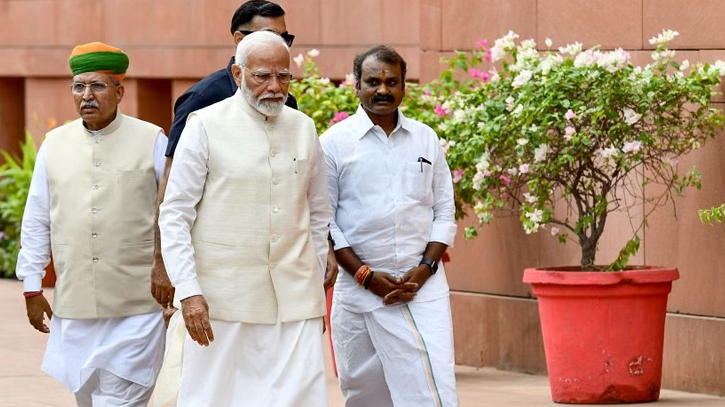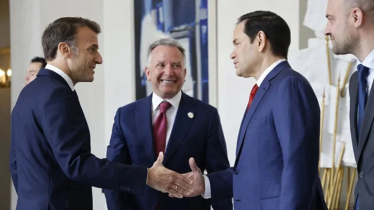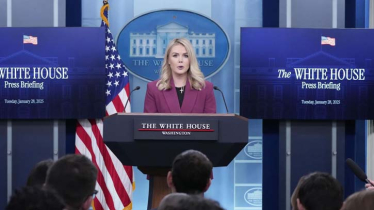
Narendra Modi. Photo: Collected
Indian lawmakers begin taking their oaths Monday (24 June) as parliament opens after an election setback forced Prime Minister Narendra Modi into a coalition government for the first time in a decade. Expected in the first session, which will run until July 3, is a preview of Modi's plans for his third term and the likely formal appointment of Rahul Gandhi as leader of the opposition -- a post vacant since 2014.
Modi's first two terms in office followed landslide wins for his right-wing Bharatiya Janata Party (BJP), allowing his government to drive laws through parliament with only cursory debate.
But now analysts expect the 73-year-old Modi to moderate his Hindu- nationalist agenda to assuage his coalition partners, focusing more on infrastructure, social welfare and economic reforms.
Minister of Parliamentary Affairs Kiren Rijiju on Monday called for a "peaceful and productive" session, but Indian media said they expected lively debate with a far stronger opposition.
"All set to spar", one headline in the Hindustan Times read Monday. Resurgent opposition set to push government, the Indian Express front page added.
Rahul Gandhi, 54, defied analyst expectations to help his Congress party nearly double its parliamentary numbers, its best result since Modi was swept to power a decade ago.
Gandhi is the scion of a dynasty that dominated Indian politics for decades and is the son, grandson and great-grandson of former prime ministers, beginning with independence leader Jawaharlal Nehru.
Parliamentary regulations require the opposition leader to come from a partythat commands at least 10 percent of the lawmakers in the 543-seat lower house.
The post has been vacant for 10 years because two dismal election results for Congress -- once India's dominant party -- left it short of that threshold.
Messenger/Disha








